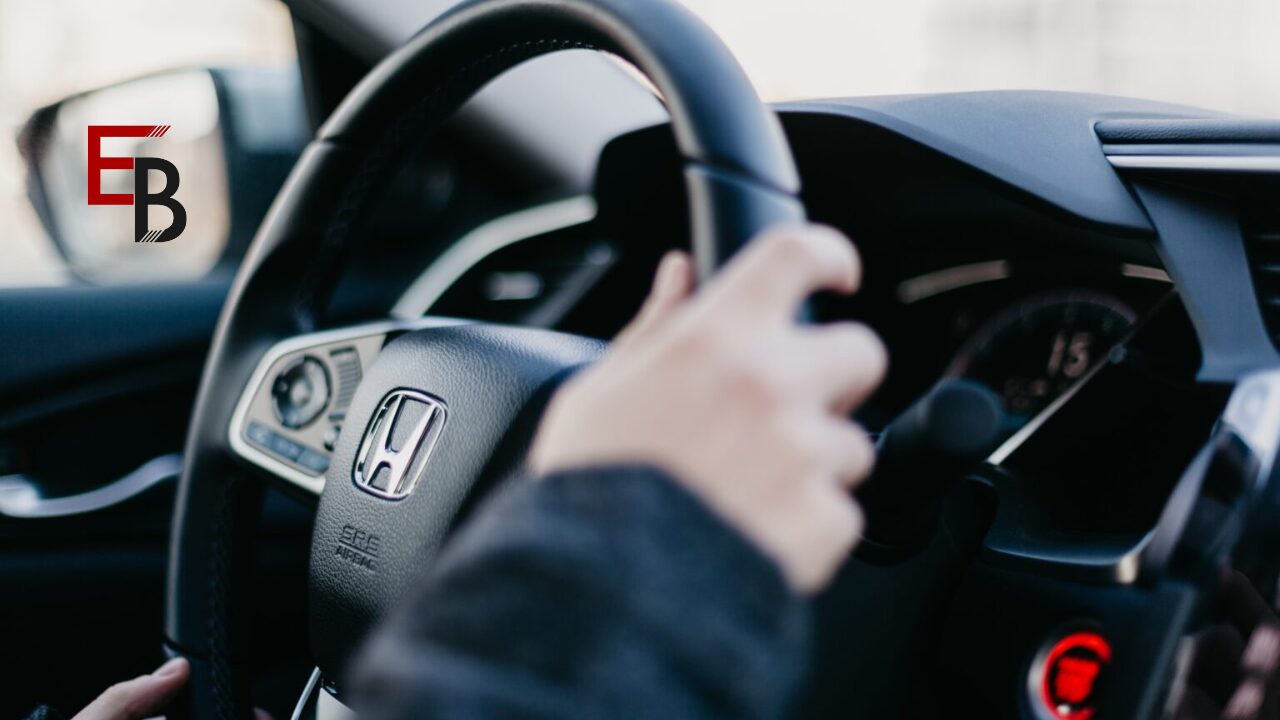Dos and Donts When Buying a Second-hand Car

If you’re looking to get the best possible vehicle for your money and avoid the worst depreciation, then the second-hand market will surely appeal.
When you buy second-hand, you can make significant savings and secure vehicles that might otherwise be out of reach. There are also environmental benefits since you’ll avoid the carbon-intensive process of manufacturing a new car.
But alongside these benefits, we should also consider the not-insignificant risks associated with the used market. Let’s look at a few things we should do when buying second-hand and a few things we shouldn’t.
Dos
Let’s start with the ‘do’s.
Research
Before you make your decision, you should research your options thoroughly. Look into which brands are the most reputable and enjoy the best reliability and safety records. Think about the space you need for passengers and storage and the type of transmission that fits your needs.
Inspect
It would be best if you looked at the car itself in daylight. Check for nicks and scratches, which might suggest a more general pattern of neglect. Look for gaps between the panels, which might indicate botched repairs.
Test Drive
You’re taking a risk if you buy a car you haven’t driven. This is straightforward if you’re buying from an approved used dealer. If you’re buying from a private seller, you can arrange temporary car insurance to cover the day before you commit to a purchase.
Checking the History
All of the appropriate paperwork should accompany a used car. This should include the MOT, service history, and vehicle log book. Check that the details in the log match that of the seller. You can also efficiently perform an online background check against a particular vehicle. That way, you’ll have the peace of mind that comes with knowing everything is above board.
READ MORE
Donts
Now, let’s consider some things we shouldn’t do.
Impulsiveness
If you haven’t done your research correctly and narrowed your options, it’s easy to fall in love with a particular vehicle and commit to a purchase before you’ve had a chance to consider the potential downsides.
Making a snap decision might also lead you towards a bad deal since you won’t have had a chance to compare your options with different vendors.
Paying the asking price
In the used market, you’re expected to haggle. It would be best to undershoot the asking price unless you find something you know is a bargain. When negotiating, always be prepared to walk away; if you aren’t, you weaken your position and are less likely to get the deal you want.
